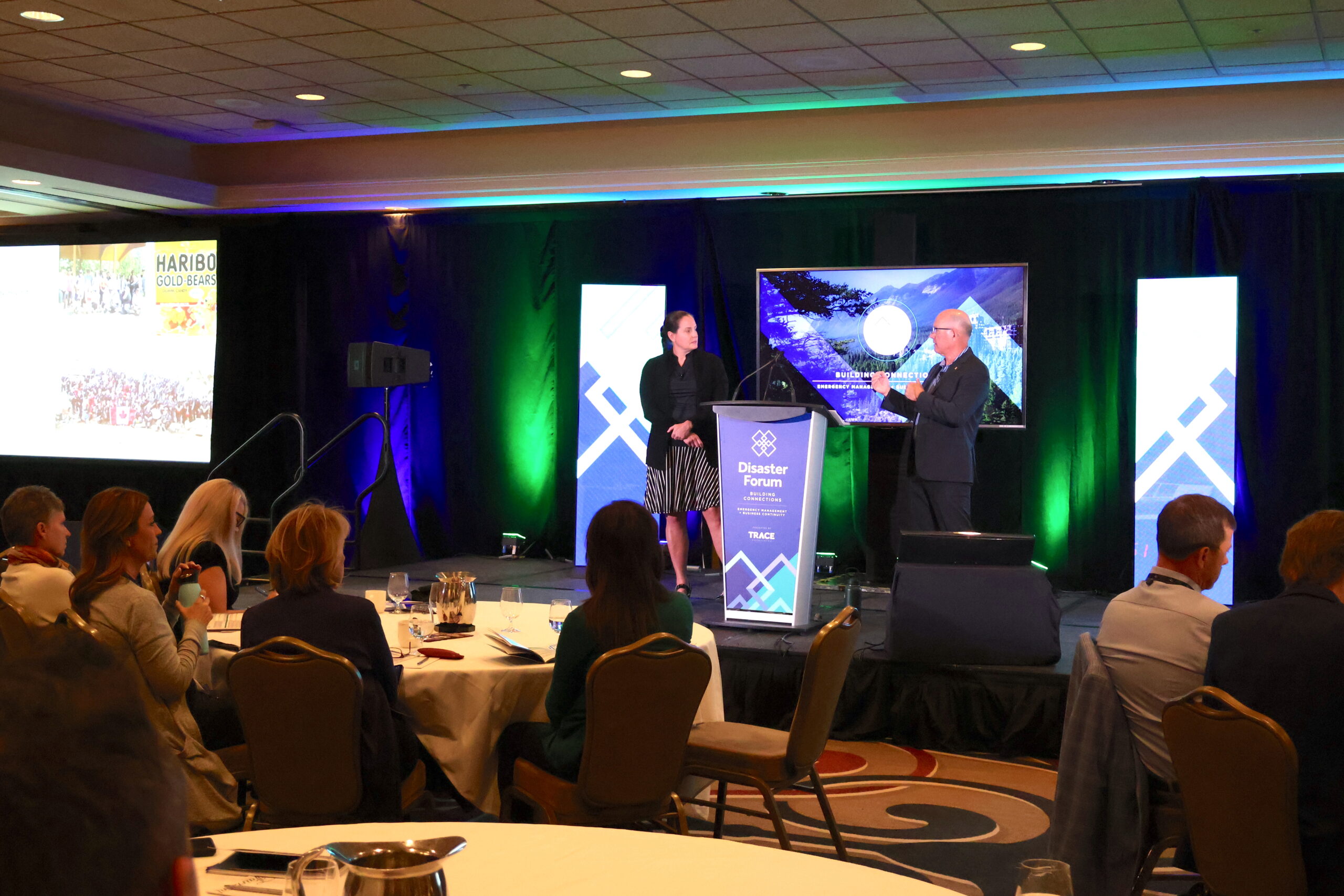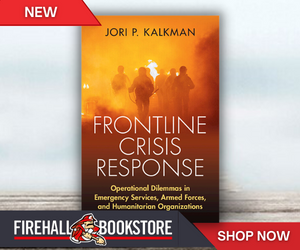| |
| |
| |
 |
|
@{mv_date_MMM d, yyyy}@ |
|
| |
Disaster & Emergency Management National Core Competency Working Group (CCWG) is looking to develop a proposal for a baseline competency framework specific to the Canadian context.
» Read More...
Alberta is investing in artificial intelligence in an effort to predict where a wildfire may ignite before it happens, a move its tech partners say could save up to $5 million a year.
» Read More...
Individual and social factors contribute to lack of preparedness, despite many available residential wildfire mitigation and educational programs, study reveals.
» Read More...
"The report is very timely as we continue to reflect on lessons learned from the COVID-19 pandemic and from other disaster and emergency events," the Canadian Red Cross says.
» Read More...
The $5-million grant is part of the $110 million Ontario has put towards emergency preparedness in the province over the next three years.
» Read More...
|
| |
|
| |

With VertiGIS technology, the City of Austin, TX built FloodPro, a web application allowing public access to property floodplain data and models. Since 2015, FloodPro has freed up 1.5 full-time employees while seeing 2,000-3,000 floodplain report downloads per month. Curious how they did this? Read the full story to learn more about what VertiGIS can do for your organization and the citizens it serves.
» Learn More
|
| |
|
| |
 Glenn McGillivray, managing director of the Institute for Catastrophic Loss Reduction, asks: Will the 2023 fire season change our approach to fire management in Canada?
» Read More...
Glenn McGillivray, managing director of the Institute for Catastrophic Loss Reduction, asks: Will the 2023 fire season change our approach to fire management in Canada?
» Read More... |
| |
 The three-day Disaster Forum conference took place in Banff, Alta., in late October, bringing together emergency managers and other supporting industries nationwide. Read Part 1 of our highlights from the show.
» Read More...
The three-day Disaster Forum conference took place in Banff, Alta., in late October, bringing together emergency managers and other supporting industries nationwide. Read Part 1 of our highlights from the show.
» Read More... |
| |
 InterOp Canada offered a platform for discussing key issues and exploring potential solutions for interoperability and incident response among police, fire, EMS and emergency management. Read highlights from the speakers.
» Read More...
InterOp Canada offered a platform for discussing key issues and exploring potential solutions for interoperability and incident response among police, fire, EMS and emergency management. Read highlights from the speakers.
» Read More... |
| |
| |
|
| |

Frontline crisis response is challenging. Emergency responders, soldiers, and humanitarian aid workers all operate at the frontlines of threatening, uncertain crisis situations on a daily basis. Under intense pressure, they need to make a range of difficult decisions. This book conducts in-depth studies of eleven such dilemmas by integrating a wide array of research findings on crisis response operations. As such, this book will undoubtedly help to understand, evaluate, and advance crisis response operations.
» Order your copy today!
|
| |
|
| |
The Alberta government is proposing changes to the Public Health Act to allow politicians to make final decisions in public health emergencies.
» Read More...
Wawanesa, FireSmart Canada and Institute for Catastrophic Loss Reduction are offering 10 grants of up to $15,000 each to help communities across Canada increase their resilience to wildfire through prevention and mitigation activities.
» Read More...
Fire safety in a couple of remote First Nations communities is set to receive a major upgrade as Matawa First Nations Management secured two new wildfire rapid attack bush trucks as part of the FireSmart Project.
» Read More...
A yearly interagency territorial exercise Operation NANOOK-TATIGIIT took place in the Yukon to test and improve territorial emergency preparedness and co-ordination between all levels of government.
» Read More...
The Transboundary Flood Initiative advances a collaborative framework to identify and pursue actions for flood-risk reduction and habitat restoration on the flood-prone Nooksack and Sumas watersheds.
» Read More...
|
| |
|
| |
 Municipal emergency manager Jay Shaw shares his five rules of leadership, each a foundational skill that can ensure effectiveness in the emergency management profession.
» Read More...
Municipal emergency manager Jay Shaw shares his five rules of leadership, each a foundational skill that can ensure effectiveness in the emergency management profession.
» Read More...
|
|
| |
|
| |
|
|
| |
| |






